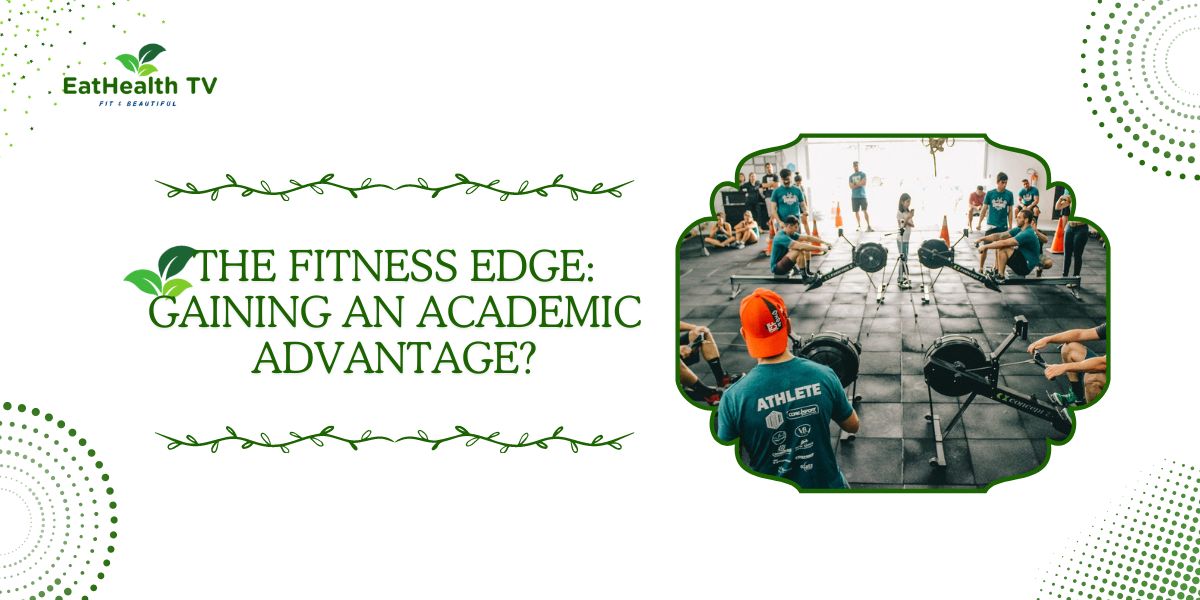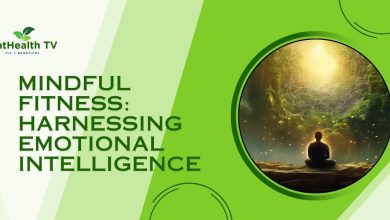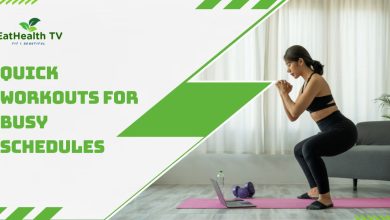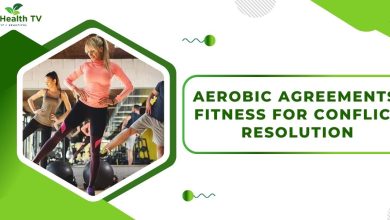The Fitness Edge: Gaining an Academic Advantage?
Maximizing Mind and Body: The Intersection of Fitness and Academic Success

The Fitness Edge: Gaining an Academic Advantage?
In today’s fast-paced world, academic success is often viewed as the key to a prosperous future. Students are constantly seeking ways to gain an edge in their studies, from extra tutoring sessions to advanced study techniques. However, one often overlooked aspect of academic success is physical fitness. In this comprehensive guide, we will explore the potential link between fitness and academic performance, examining the research and providing practical tips for incorporating exercise into a busy academic schedule.
The Link Between Fitness and Academic Performance
- Physical Health and Cognitive Function: Numerous studies have shown that regular exercise can have a positive impact on cognitive function, including memory, attention, and problem-solving skills. Exercise increases blood flow to the brain, promotes the release of neurotransmitters like dopamine and serotonin, and stimulates the growth of new brain cells, all of which contribute to improved cognitive function and academic performance.
- Stress Reduction: Exercise is a powerful stress reliever, helping to reduce levels of cortisol, the stress hormone, and promote feelings of relaxation and well-being. By incorporating regular exercise into their routine, students can better manage the stress and pressure of academic life, leading to improved focus, concentration, and mental clarity. Just as we know Types of Breathing Exercises are Stress Relief
- Improved Sleep Quality: Physical activity has been shown to improve sleep quality, helping students get the restorative rest they need to perform their best academically. Quality sleep is essential for memory consolidation, learning, and cognitive function, and regular exercise can help regulate sleep patterns and promote deeper, more restful sleep.
Research and Evidence
- Academic Studies: Several academic studies have investigated the relationship between fitness and academic performance, with many finding a positive correlation between the two. For example, a study published in the Journal of Pediatrics found that students who participated in regular physical activity performed better academically than their sedentary peers, scoring higher on standardized tests and earning higher grades.
- Longitudinal Studies: Longitudinal studies, which track individuals over an extended period of time, have also provided evidence of the link between fitness and academic success. For example, a longitudinal study conducted by researchers at the University of Illinois found that children who were physically fit in elementary school were more likely to perform well academically in high school, even after controlling for factors like socioeconomic status and IQ.
- Brain Imaging Studies: Advances in brain imaging technology have allowed researchers to observe the effects of exercise on the brain in real time. Brain imaging studies have shown that exercise increases activity in areas of the brain associated with cognitive function, such as the prefrontal cortex and hippocampus, suggesting that physical activity may enhance brain function and academic performance.
Practical Tips for Incorporating Exercise Into Academic Life
- Schedule Regular Exercise Breaks: Set aside time each day for physical activity, whether it’s a brisk walk, a bike ride, or a workout at the gym. Aim for at least 30 minutes of moderate-intensity exercise most days of the week to reap the cognitive benefits.
- Combine Exercise With Study Sessions: Incorporate exercise into your study routine by listening to educational podcasts or audiobooks while going for a run or practicing flashcards while on the stationary bike. Combining physical activity with cognitive tasks can enhance learning and retention.
- Join Sports Teams or Fitness Classes: Joining a sports team or fitness class can provide motivation and accountability for regular exercise. Plus, the social aspect of group exercise can make workouts more enjoyable and rewarding.
- Take Advantage of Campus Resources: Many colleges and universities offer fitness facilities and recreational programs for students. Take advantage of these resources to stay active and fit while on campus.
Conclusion
In conclusion, there is mounting evidence to suggest that physical fitness may indeed confer an academic advantage. From improved cognitive function and stress reduction to better sleep quality and academic performance, the benefits of regular exercise extend far beyond the gym. By incorporating exercise into their daily routine, students can enhance their overall well-being and academic success. As we continue to explore the relationship between fitness and academic performance, let us prioritize physical activity as a valuable tool for gaining a competitive edge in the academic arena.




